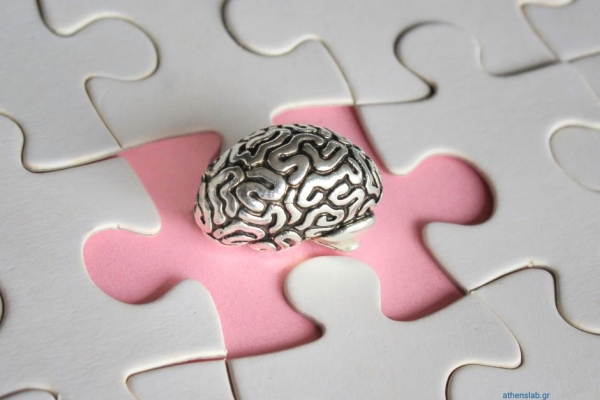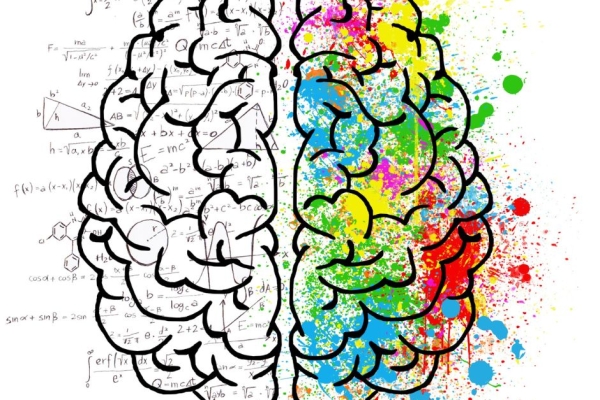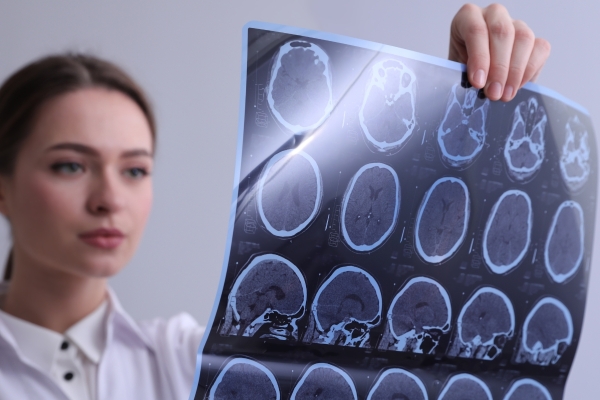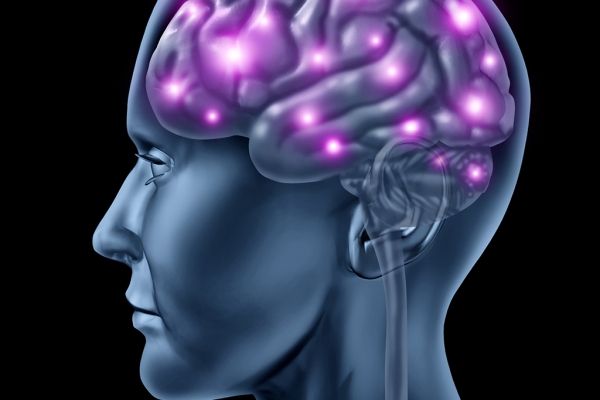-
06-02-2026
Stress & Anxiety: Symptoms, Causes, Testing, Treatment
Stress is a normal physiological response of the body to demanding situations. When this response becomes persistent or dysregulated, it may contribute to the development of anxiety that goes beyond everyday worry or fear and can significantly affect quality of life. In reality,...
-
10-10-2025
Gut Microbiome and Anxiety: The Gut-Brain Axis in Functional Medicine
When the Gut Speaks to the Mind How often do we hear or say the phrase «stress upset my stomach» or «I had a knot in my stomach»? While these expressions may sound merely metaphorical, modern science has revealed something far more substantial: the gut truly affects the...
-
02-05-2025
Precision Nutrition for Alzheimer's Prevention in ApoE4 Carriers
Alzheimer’s disease (AD) is one of the most devastating neurodegenerative conditions of our time. While aging is the primary risk factor, genetics also play a crucial role in an individual's likelihood of developing the disease. Among the most significant genetic risk factors...
-
14-04-2025
The Worst Foods for Your Brain: What to Avoid for Optimal Mental Health
The brain is the most complex and energy-demanding organ in the human body. Although it represents only about 2% of our body weight, it consumes around 20% of our energy supply. What we eat directly affects the brain's structure, function, and long-term performance. While...
-
15-03-2025
Self-Care Techniques for Migraine
Migraine is a neurological condition that affects millions of people worldwide. Symptoms include severe headaches, nausea, sensitivity to light and sound, and fatigue. While there is no definitive cure, there are many self-care techniques that can help prevent migraine attacks...
-
11-03-2025
Is Alzheimer’s Disease Genetic?
Alzheimer’s disease is the most common form of dementia, affecting millions of people worldwide. It is a neurodegenerative disorder characterized by progressive memory loss, cognitive decline, and behavioral changes. One of the most common questions people ask is whether...
-
04-12-2024
Depression: Symptoms, Causes, Lab Tests, Treatment
Depression, or major depressive disorder (MDD), is a common mental health condition characterized by persistent feelings of sadness, hopelessness, and a lack of interest or pleasure in previously enjoyable activities. It significantly impacts a person's emotional, physical, and...
-
10-11-2024
Alzheimer's Disease: Epidemiological Data, Symptoms and Causes
Alzheimer's disease is a progressive neurological disorder that leads to memory loss and cognitive decline and eventually impairs the ability to carry out daily tasks. It is the most common cause of dementia, which is a general term for a decrease in mental ability severe enough...
-
13-06-2023
Headaches. Types, Causes, Lab Tests, Treatment
A headache is a common condition characterized by pain or discomfort in the head or neck region. It is one of the most common symptoms experienced by people and can range from mild to severe, temporary to chronic. Headaches can affect people of all ages and can be caused by...
-
11-04-2023
Parkinson's disease. Symptoms, Causes, Lab Tests, Treatment
Parkinson's disease is a chronic and progressive neurological disorder that affects movement. It is caused by the loss of dopamine-producing neurons in the brain, which leads to a range of symptoms including tremors, stiffness, and difficulty with coordination and balance. The...
-
23-11-2022
Multiple Sclerosis and Microbiome
Multiple sclerosis (MS) is a chronic autoimmune inflammatory disease of the central nervous system (CNS). The disease leads to the formation of inflammatory lesions in the CNS, in which myelin sheaths break down and demyelinated axons are damaged. This leads to neurological...
-
25-05-2022
Myalgic Encephalomyelitis (ME) / Chronic Fatigue Syndrome (CFS)
Myalgic Encephalomyelitis (ME), also known as Chronic Fatigue Syndrome (CFS), is a neglected, serious debilitating disease with no proven diagnostic marker and specific therapy. While there is evidence for several pathophysiological abnormalities including the neurological,...
-
23-09-2019
Alzheimer's disease is considered a
Alzheimer's disease, the most common form of dementia, is a disease that evolves progressively, destroying memory and other important mental functions of the brain. As with other forms of dementia, it is a disorder of the brain that leads to a gradual loss of mental function and...
-
21-03-2018
Probiotics and depression
In patients with irritable bowel syndrome, the intake of probiotics promises to improve mood. Advertisements of various probiotics for health benefits, both for gastrointestinal problems and issues that do not seem to be directly related to the intestine, are now very common....
-
08-03-2017
Gut Microbiome and Alzheimer Disease
Intestinal bacteria may play a role in Alzheimer's disease. New research from Lund University, in Sweden, showed that intestinal bacteria can accelerate the development of Alzheimer's disease. According to the researchers, the results bring in new perspectives for the prevention...
-
20-02-2015
Brain-Gut Axis
The gut microbiome – comprised of several trillion bacteria living in the digestive tract, is gaining recognition as a contributing factor to diseases not only of the gastrointestinal system, but cardiovascular, immune, and neurological systems. Leo Galland, from the Foundation...
-
02-02-2015
More Fruit Lessens Depression Risk
More Fruit Lessens Depression Risk A number of previous studies report a link between dietary factors and depression. Gita Mishra, from University of Queensland (Australia), and colleagues studied data collected on 6,271 women, mean age 55 years, enrolled in the Australian...







-600x400.jpg)








